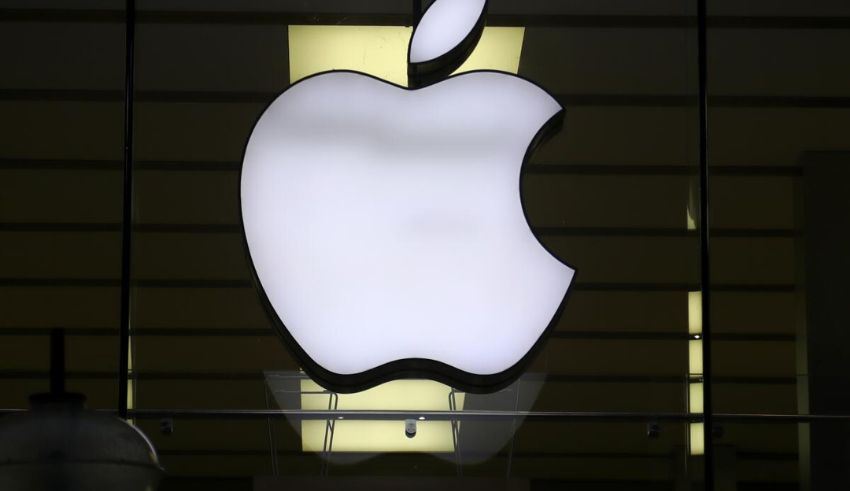
Apple, the tech giant and the owner of the popular music streaming service Apple Music, has been fined by the European Commission for EUR 1.8 billion for abusing its dominant position in the online music market.
The commission found that Apple had violated the EU’s antitrust rules by imposing unfair and restrictive conditions on its competitors, such as Spotify, Deezer, and Amazon Music. The fine is the largest ever imposed by the EU on a single company, and it could have significant implications for the music streaming industry and the consumers.
What did Apple do wrong?
Apple was accused of engaging in three main practices that harmed the competition and the consumers in the music streaming market:
- Charging a 30% commission on the subscriptions made through its App Store, which increased the costs for the rival music streaming services and reduced their profits.
- Forcing the rival music streaming services to use Apple’s own payment system, which prevented them from offering alternative or cheaper payment methods to their customers.
- Prohibiting the rival music streaming services from informing their customers of other ways to subscribe to their services, such as through their own websites or apps, which limited the choice and information available to the consumers.
These practices gave Apple an unfair advantage over its competitors, as it could offer its own music streaming service, Apple Music, at a lower price and with more features than the rival services. Apple also leveraged its control over the App Store, which is the main gateway for accessing online content and services on iOS devices, to favor its own music streaming service and to disadvantage its competitors.
How did the EU reach its decision?
The EU launched its investigation into Apple’s conduct in the music streaming market in June 2020, following a complaint filed by Spotify, the leading music streaming service in the world, in March 2019. The EU collected evidence and testimonies from various stakeholders, including Apple, Spotify, Deezer, Amazon Music, and other music streaming services, as well as music labels, publishers, artists, and consumers.
The EU concluded that Apple had breached the EU’s antitrust rules, which prohibit the abuse of a dominant market position, and that its practices had distorted the competition and harmed the consumers in the music streaming market. The EU imposed a fine of EUR 1.8 billion on Apple, which represents 10% of its annual revenue from the App Store in the European Economic Area. The EU also ordered Apple to stop its illegal practices and to restore fair competition in the market.
What are the consequences of the EU’s fine on Apple?
The EU’s fine on Apple could have significant consequences for the music streaming industry and the consumers, as it could reshape the market and create more opportunities and benefits for the rival music streaming services and their customers. Some of the possible outcomes are:
- Lower prices and more choices for the consumers: The rival music streaming services could lower their prices and offer more attractive deals and features to their customers, as they would no longer have to pay a 30% commission to Apple or use its payment system. The consumers could also have more options and information on how to subscribe to the music streaming services of their choice, and they could switch between different services more easily and conveniently.
- More innovation and diversity in the music streaming industry: The rival music streaming services could invest more in developing and improving their products and services, as they would have more resources and incentives to compete with Apple Music. The music streaming industry could also become more diverse and vibrant, as new entrants and niche players could enter the market and offer alternative or specialized music streaming services to the consumers.
- More fairness and transparency in the online music market: The EU’s fine on Apple could set a precedent and a standard for the online music market, and for the digital economy in general, as it could deter other dominant platforms from engaging in similar or other anticompetitive practices. The EU’s fine on Apple could also encourage more cooperation and dialogue between the regulators, the platforms, and the stakeholders, to ensure that the online music market is fair, transparent, and beneficial for all.
The EU’s fine on Apple is a landmark decision that could reshape the music streaming industry and benefit the consumers. The fine is the result of a long and thorough investigation by the EU, which found that Apple had abused its dominant position in the online music market and harmed the competition and the consumers. The fine could have significant implications for the music streaming industry and the consumers, as it could lower the prices and increase the choices for the consumers, foster more innovation and diversity in the music streaming industry, and promote more fairness and transparency in the online music market.





















